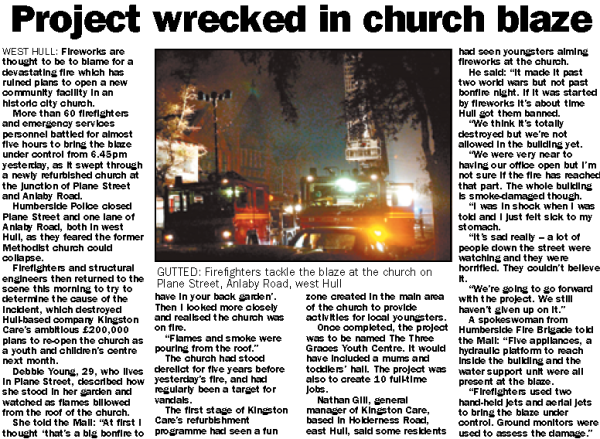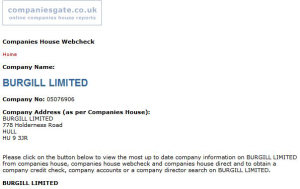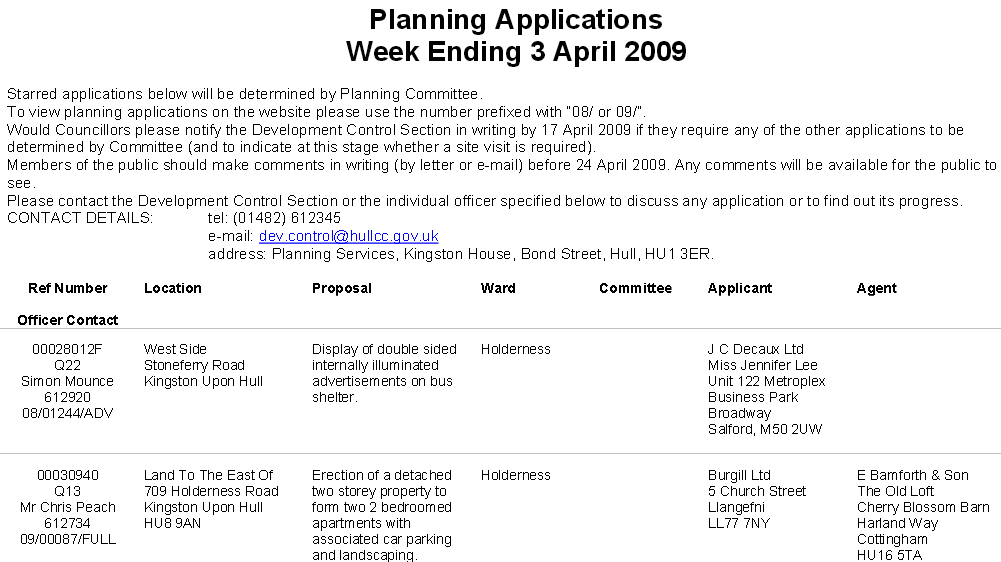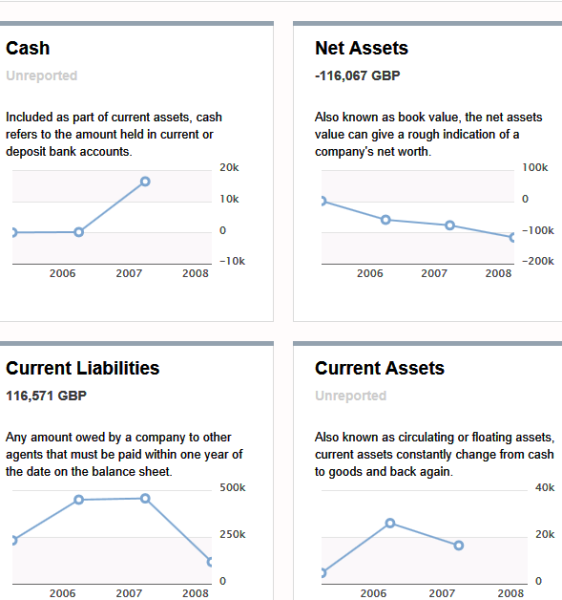BOOK OF NATHAN
SYNOPSIS OF A LOST BOOK OF THE OLD TESTAMENT, RECENTLY DISCOVERED BY WANDERING BEDOUIN IN THE RUINS OF A COPTIC MONASTERY NEAR YSTRADGYNLAIS
FROM CHAPTER 1
And lo, it came to pass, when the daughter of the alderman waxed strong in the land, she who smote Argies and miners, those of a damp disposition and others who followed false prophets, that the patriarch Gill heard a voice in a dream saying, ‘Best go where you’re not known, lad’. Troubled by these words the patriarch asked, ‘But where shall I go, Lord?’ ‘Follow the setting sun into the land wherein dwell the Welshites’, spake the Lord, ‘for they are as thick as that which droppeth from a camel’s bum and will let anyone settle among them, no questions asked’.
So he and his wife (for unlike many of his Mormon creed, he had but one), forsook their dwelling in the city called Hull, in the land of Ing-er-lund, and prepared to journey into the wilderness. They took with them the fruit of their loins, prized among these was young Nathan, of whom we shall learn more anon. Though they gave away not their chattels and materialistic encumbrances, for of these and the shekels the Gillites were uncommon fond.
FROM CHAPTER 2
Arriving in the land of the Welshites they were stunned by both the beauty of the place and the gullibility of the people. Patriarch Gill saw there were many in need of the laying on of hands, so he became an homeopath, dispensing treatment to all who needed it . . . but especially women . . . and even more especially, those women who could be persuaded to disrobe. Yeah, verily, he was an horny old patriarch. Small wonder that he was condemned by the elders of the temple and thrown in a cell by the authorities.
Young Nathan, meanwhile, was growing into a man, of sorts. A faithful attendee at the temple (notwithstanding his father’s little difficulties) while being instructed in letters and figures by local wise men, and women, at the Coleg that is called Menai. But then, as he attained man’s estate, a voice spake unto him, ‘Go to Hull’, it said, ‘return to the land of your fathers and claim your patrimony’.
This perplexed young Nathan, for he knew not the voice. ‘Is that you, Lord?’ ‘Well, sort of . . . think of me as a rival network giving better service for your particular needs’. ‘What are you called?’ ‘I am known by many names, but you can call me the E O’. So Nathan forsook the land of the Welshites and travelled east to seek his fortune.
FROM CHAPTER 3
Upon arriving in Hull he laboured in the family business of offering succour to the halt and the lame, the wizened and the widows, for his parents had taught him there was lucre to be made from providing pallets for the aged. He soon betook himself a wife, and begat children, but this union ended badly, and in recriminations. (At this point the manuscript is damaged, but our experts are working to fill the lacunae.)
Nathan was next mentioned in ancient local texts when an abandoned holy place with which he was connected ‘caught on fire’, on the night that is called Guy Fawkes. ‘It was the act of wicked children’ spake the son of the patriarch, but others were less sure, and some suspicious souls even raised accusing fingers against Nathan himself.
FROM CHAPTER 4
Patriarch Gill, now bethought himself to send his son, and his daughters (for the patriarch had been married ere he knew Nathan’s mother) to a great land across the sea, wherein dwelt many of the Mormonites. There they were married to devout Mormonite spouses. After the wedding, and the celebrations, Nathan, together with his new wife, returned to Hull. His sisters also returned from these arranged marriages with their new husbands.
Soon after their arrival the E O conjured up a vision for Nathan. In this vision Nathan saw many strangers coming to his beloved Ing-er-lund, men of a strange race and a heathen faith (which made it acceptable to enslave them). These people, known as Polandites, could be employed tending to the wizened ones, and even greater wealth could be gained from also providing these Polandites with pallets (nothing too fancy, you understand).
FROM CHAPTER 5
And it came to pass that Nathan created the company known as Burgill. And it prospered. The Polandites tended to the crones and when their labours were over they returned to the straw pallets provided by Burgill. Nathan owned many tents, large and small, in the city of Hull, wherein the Polandites did dwell.
Though this harvesting of the Polandites was not without its problems. For the tax collectors came unto him saying, ‘Oi, we suspect that you are doing all your business in ready shekels, with little being entered on the parchment rolls kept by your scribe’. This vexed Nathan full sore, for he knew it to be true, but consoled himself with the knowledge that the tax collectors could prove nothing.
It was during this time of plenty – for Nathan, not the Polandites – that the E O came to him again, saying, ‘Listen, son, there’s another way you can do yourself a bit of good out of these Polandites’. ‘How so, E O?’ enquired Nathan. After a deep sigh, the E O spelled it out, ‘A lot of people are getting angry about all these Polandites and others coming to Ing-er-lund (blesséd be her name), so pretend to agree with them, tell them you’ll put a stop to it’. Nathan was delighted, ‘That’s brilliant . . . hypocritical, but brilliant’. ‘Of course’, continued the E O, ‘you’ll have to leave that shower you’re with now and join Ukip’.
FROM CHAPTER 6
And it came to pass that Nathan abandoned the sepulchre of the Toryites to become a follower of the prophet Nige. A loud and hearty fellow was Nige, much given to raucous laughter and wine, and very fond of the ladies (not unlike the patriarch Gill in the latter respect). Nathan was smitten with Nige and vowed to follow him all his days (or until one of them got banged up).
‘What is our message, O Nige, for the marketplace and the caravanserai, the highways and the alleyways, the taverns and the temples?’ ‘Simple, son, “Vote for us and we’ll stop the Polandites and all the rest coming over here taking your jobs”’. ‘But I have many Polandites in my service, Nige’. ‘Fear not, Nathan, for if anyone doth uncover thy little secret we can use it to prove thou art not racist, merely in favour of controlled immigration. Though as for the undeclared shekels you’ve trousered, you’re on your own there, my son’.
Whereupon the E O appeared unto Nathan and spake in this wise, ‘I knew you’d like the prophet Nige, think of him as my emissary on earth. And if it all goes pear-shaped for him, you can take over.’
FROM CHAPTER 7
And so it came to pass that after certain problems in his business dealings in the city of Hull Nathan returned, with his new family, to the land of the Welshites. There, he began to preach at the people saying, ‘Vote for me, lest the land of the Welshites become deluged with strangers’. ‘Too right!’ they responded, especially those who had, like Nathan, come from Ing-er-lund!
Nathan proved unelectable among those who knew him on the island where he dwelt, but in a different casting of ballots he gained many votes from those who knew naught of him. For the criers and the tellers of tales in the market place, those on whom the people relied for their news, failed to ask, ‘Who is this Nathan that comes among us asking that we heed him, and follow him?’
Nathan’s prize for victory in this ballot was being allowed to go to an far place that he claimed was the root of all evil – Eu-rope. There he was free to do more serious trousering of shekels, the ones that were called euros. And there was much wailing and gnashing of teeth among the Welshites, who cried, ‘If only we’d known then what we know now . .
* AMEN *











